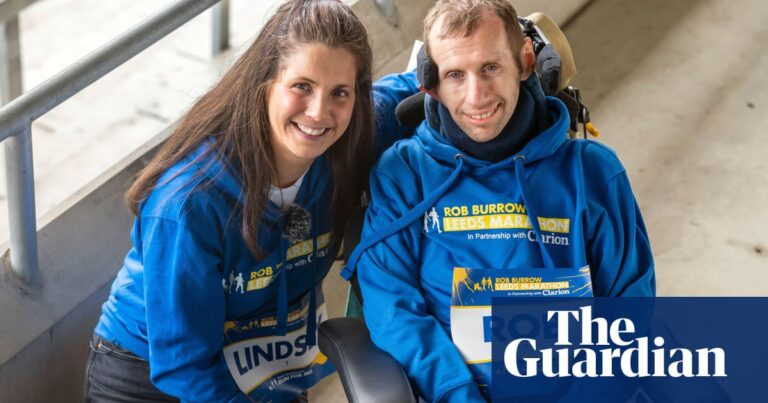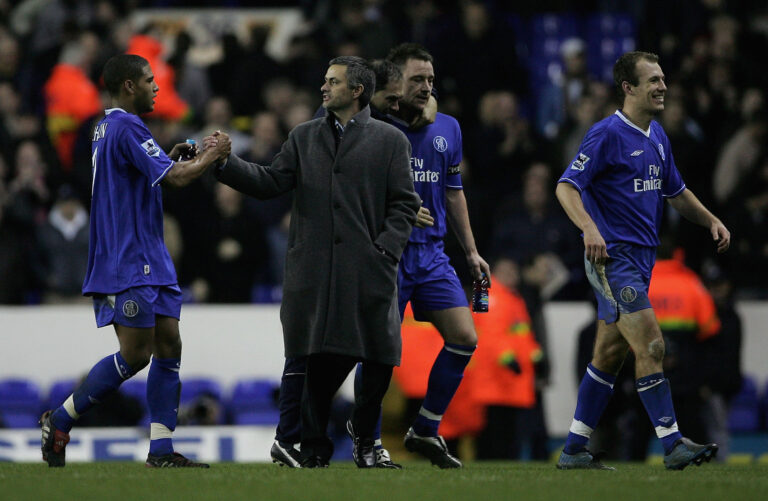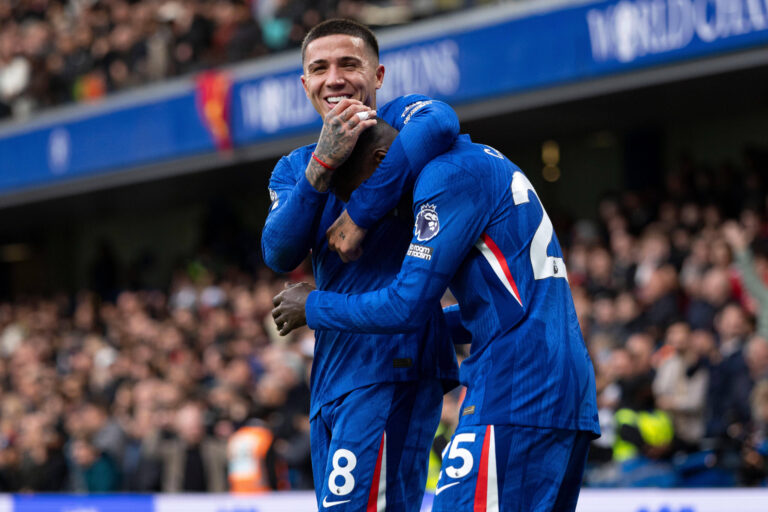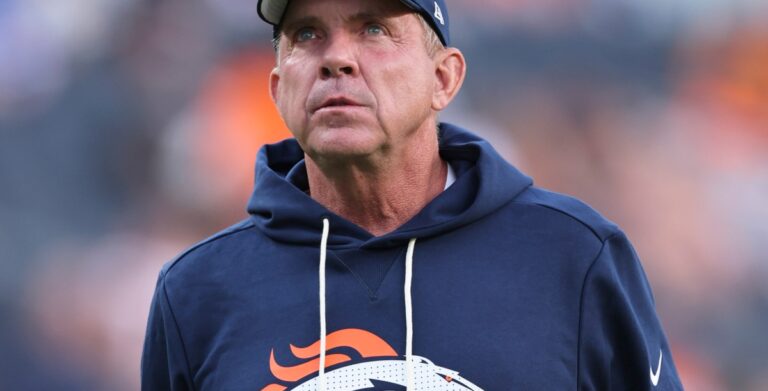
As the dust settles on Manchester United’s post-season tour of Malaysia and Hong Kong, the question must be asked: was it worth it? United may have pocketed around £10m from their six-day, two-match visit to Asia but what they lost was arguably worse. And no, we’re not just talking about their 1-0 defeat against the “Asean All Stars” in Kuala Lumpur, a scratch, invitational side that had never previously played together.
Omar Berrada, United’s chief executive, had excitedly hailed the tour as an “opportunity for us to collaborate with our valued commercial partners, and to deepen relationships with our fans”. That vision probably didn’t include Amad Diallo sticking his middle finger up at supporters, a gesture for which he refused to apologise, the winger insisting he did it in response to insults about his mother. Nor did it allow for Alejandro Garnacho sulking and yawning through his various off-pitch duties. It remains to be seen how many key performance indicators were met by the Argentinian, who finished the tour by posting a one-word caption on the runway as United departed home to Europe: “finally”.

United are not alone in these missteps. Tottenham and Newcastle embarked on post-season tours to Australia this time last year and played each other in Melbourne on 22 May 2024, three days after the final day of the 2023-24 season. Kieran Trippier, who captained Newcastle in that Melbourne fixture, admitted the trip was “not ideal” before his commitments with England at Euro 2024, a tournament in which the right-back struggled for fitness.
after newsletter promotion
Injuries and fatigue plagued Tottenham’s start to the season, too. And if Spurs’ post-season tour wasn’t directly responsible for that it certainly didn’t help, while Daniel Levy’s comments at a Tottenham fans’ forum in September that he “would like to see less games, but higher-quality games” were subsequently difficult to stomach.
It is difficult to determine exactly how big the environmental impact is for these tours. The pre-season before Sir Jim Ratcliffe bought a stake in Manchester United, the club offset 450 tonnes of carbon dioxide emissions to cover the necessary air travel by players and staff to the US. Perhaps unsurprisingly for a club that is now part-owned by a company with interests in everything from petrochemicals to mass plastic production, there has been no mention of offsetting emissions for the trip to Malaysia and Hong Kong, which included 14,000 air miles for the team alone.
The Professional Footballers’ Association’s sustainability champion, David Wheeler, has spoken of the harm caused by such tours. “It’s not only irresponsible from a climate point of view, but from a player care point of view, physically and mentally,” Wheeler said. “They are human beings. They get paid very well, as we know, but they have a limit to what their bodies can take and how they cope with it from a mental health point of view.” The organisation’s chief executive, Maheta Molango, has also “expressed concern about these post-season tours”.
Despite the arguments to the contrary, post-season tours look here to stay, part of a new footballing landscape almost nobody asked for. And there will be plenty of other clubs that plead poverty and set sail for distant lands in the future. For now, we have to find something else to watch before the start of the Club World Cup in a couple of weeks’ time – a month-long tournament absurdly relaunched by Fifa, with a $1bn (£775m) prize pot. Manchester United must wish they had an invite.




